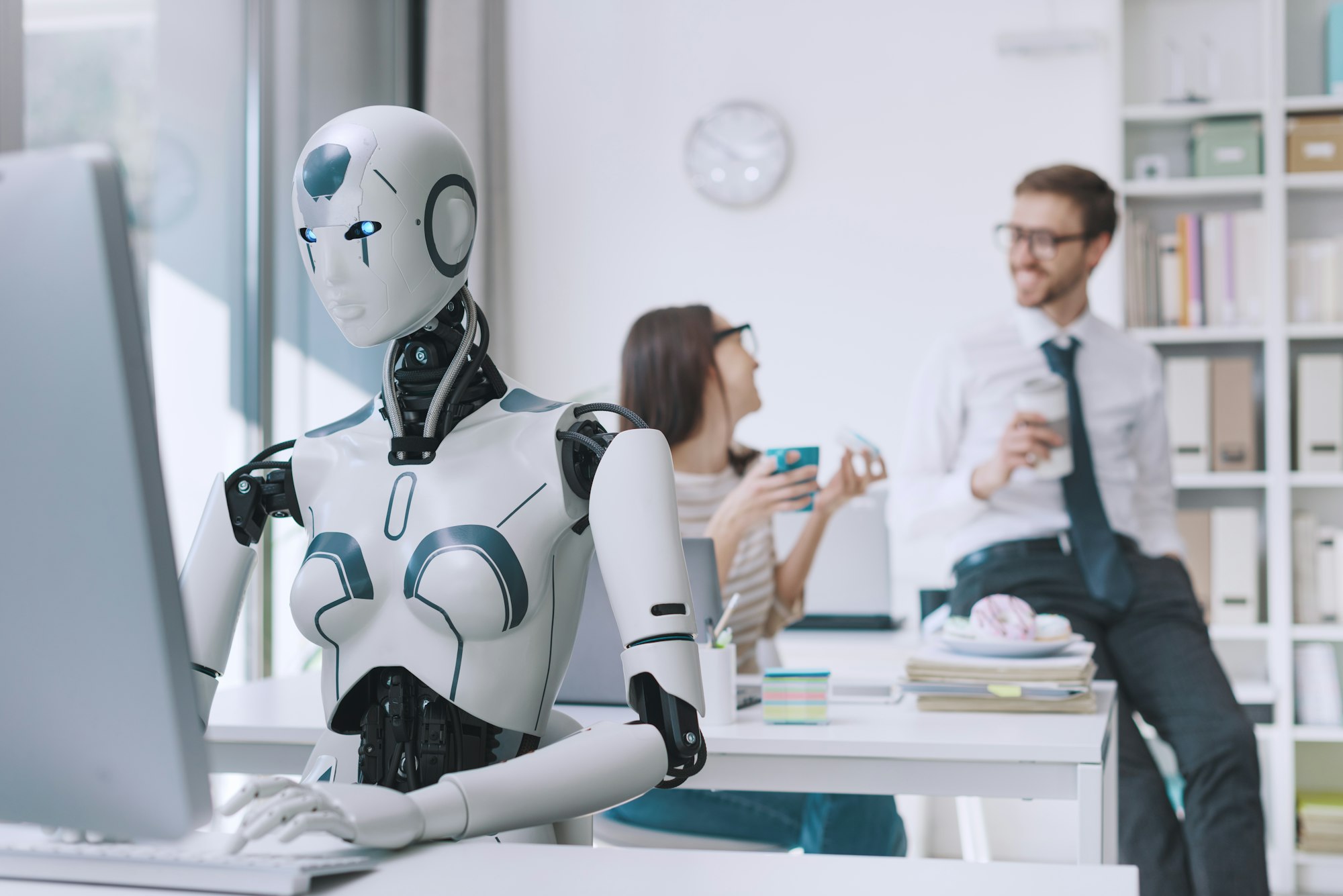Big Names in Cars Are Betting Big on Robots That Look Like Us
Why Car Companies Love Robots Now
Famous car brands like BMW, Honda, Hyundai, Mercedes Benz, and Tesla are all putting a lot of money into making robots that look and act like humans. They think these robots can make things work better and bring new ideas to all sorts of jobs.

The Robot Market is Booming
Right now, the market for these human-like robots is worth $1.48 billion, but experts think it’s going to shoot up to $34.96 billion by 2030. Why? Because as more people grow old, there’s a bigger need for robots that can help around the house, take care of people, and even help out in schools and hospitals.
Robots Are Doing Cool New Things at Work
Robots Joining the Assembly Line
There’s this cool project between a company named Apptronik and Mercedes-Benz where they’re putting robots into factories. These robots are there to help carry parts around and check if everything’s made right. The idea is to make making cars faster and easier without having to completely change the factory.
How Robots Might Change Jobs
With these robots doing the heavy lifting and the boring stuff, the types of jobs people do might change a lot. This is especially true in industries where a lot of work is currently done by hand. It’s a big deal because it means we have to think about how technology can change jobs and what that means for workers.
What Robots Mean for the Future of Work
Could Robots Lead to Shorter Work Weeks?
There’s a big conversation happening about how robots in the workplace could lead to changes in how long people work each week. For example, Bernie Sanders has talked about making the work week shorter, down to 32 hours. The idea is that as robots do more of the work, people might not need to work as long to get the same amount done.
So, what’s the big picture? Well, companies that make cars are really into these human-like robots because they think it’ll make work better and more efficient. There are a lot of cool things happening with robots in different jobs, and it’s making us rethink everything from how we work to how long we work each week.

Frequently Asked Questions (FAQs)
1. Why are car manufacturers investing in humanoid robots?
Car manufacturers see humanoid robots as a way to make production processes more efficient and innovative. These robots can perform tasks that complement human workers, leading to faster and more flexible manufacturing.
2. What’s driving the growth of the humanoid robot market?
The market’s growth is mainly due to the aging global population and the increasing demand for robots in personal assistance, caregiving, and the medical and educational sectors.
3. How are humanoid robots being used in manufacturing right now?
In manufacturing, humanoid robots are introduced to perform tasks like transporting parts and inspecting products. This allows for smoother operations without the need for significant changes to existing facilities.
4. Will humanoid robots take away jobs from humans?
While humanoid robots are taking on more physically demanding and repetitive tasks, the goal is not to replace human workers but to augment and assist them, potentially changing the nature of some jobs and creating new opportunities in the process.
5. How might humanoid robots impact the future of work and work hours?
The integration of humanoid robots into the workforce could lead to a reevaluation of work hours and job structures. There’s a possibility that with robots taking on more tasks, humans could benefit from shorter workweeks, as proposed by some like Bernie Sanders, reflecting an adaptation to the changing role of work in society.
Sources Forbes


